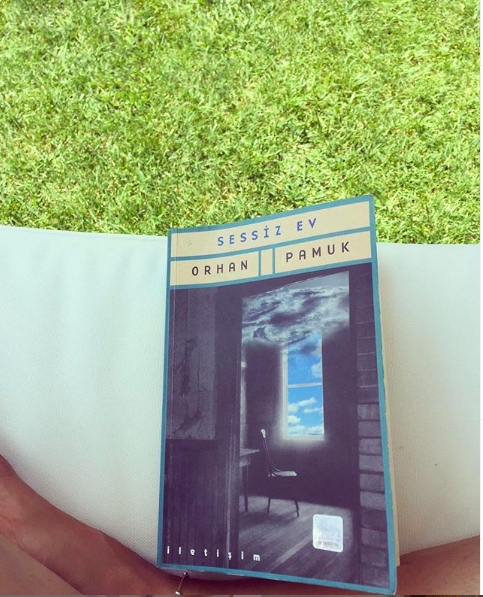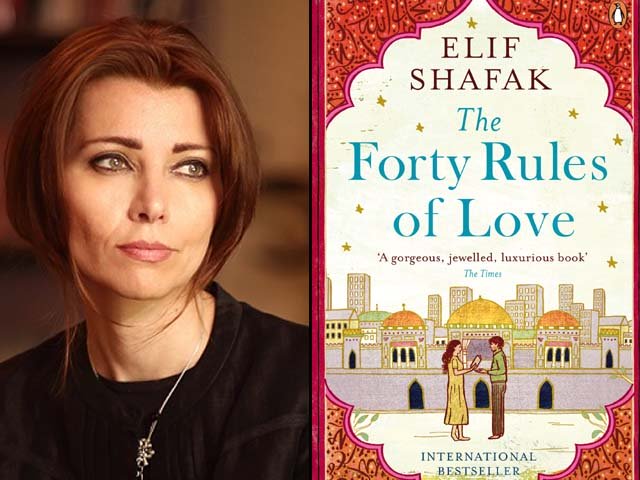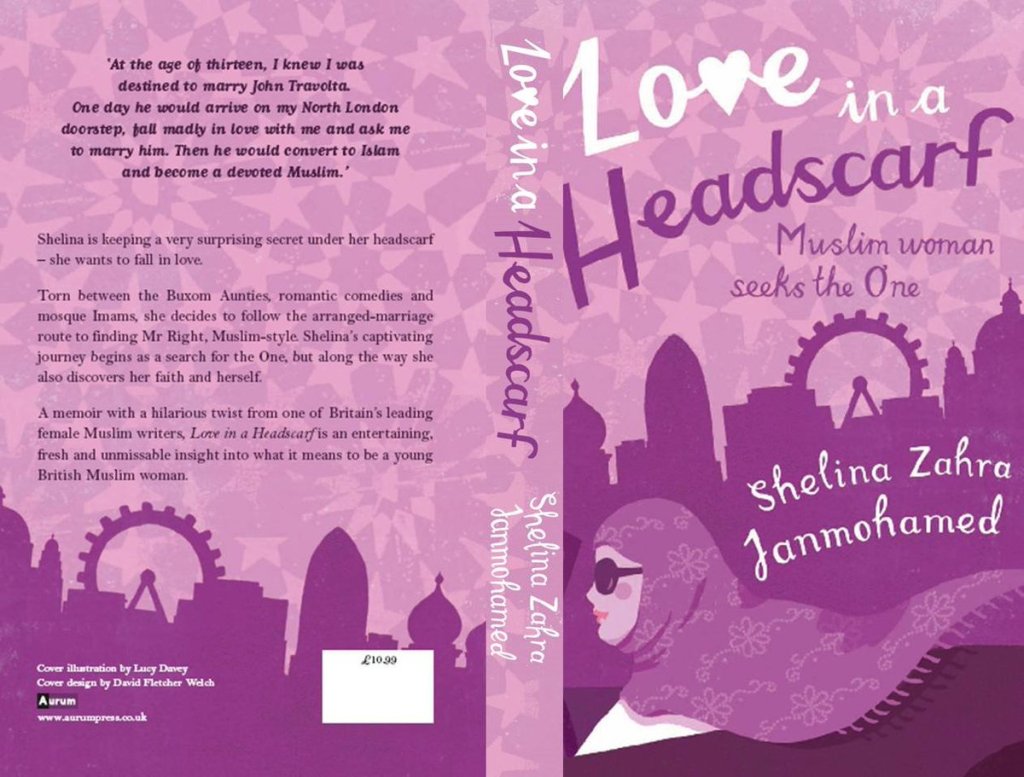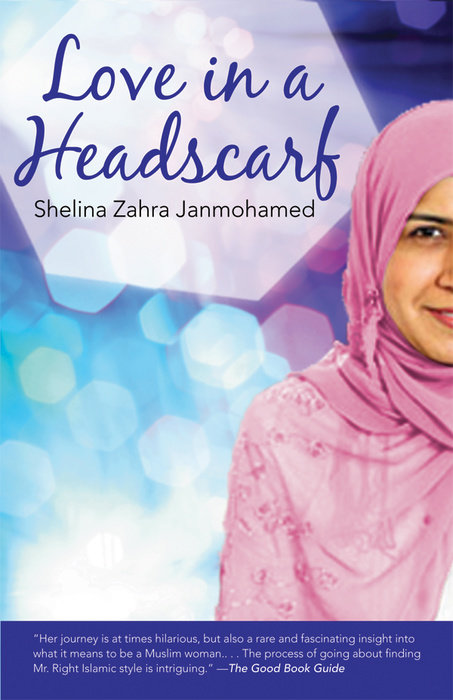
For the past few weeks, I have been thinking a lot about the summer of 2016. The month of July to be specific. I had successfully completed my second year as a PhD student– bright-eyed and bushy-tailed (and, of course, anxiety-ridden and panic-attacky, but that’s another story).
The moment I’ve been thinking about, however, takes me back to Istanbul, to my parents’ courtyard. I had just finished my month-long backpacking trip around Europe, which started in Denmark and ended in Istanbul visiting my parents.
But that specific moment finds me immersed in Orhan Pamuk’s novel Silent House (1983). Deeply immersed in it, trying to make sense of the chaos that escalated overnight.
Around 11 pm on July 15th, I witnessed a coup attempt for the first time in my life. Sure, Turkey has a long history of coups d’état, but like most, I never expected to find myself in the middle of a coup attempt in the twenty-first century.
Since the start of the recent global crisis, I have been thinking about that summer and in some ways reliving it. The feelings of despair, uncertainty, and impending doom with which I’m dealing at the moment are familiar. The sound of F-16 fighter jets flying over the city. The coup manifesto being read out on TRT, announcing the curfew and the shutdown of airports. My Croatian friend messaging me and telling me to stock up on essentials and food in case a civil war breaks out.
Difficult times, indeed.
To deal with the sense of ambivalence and confinement, I read. Reflecting back on my refuge in books, yes, I needed comfort and escape, but I was essentially trying to make sense of the turmoil not by consuming the news excessively but by reading novels.
Although I don’t think it’s possible to do a side-by-side comparison of the two crises, I’m dealing with the corona crisis in a similar way, as I discussed in my post here. Since I received such wonderful responses to the first list, I decided to come up with another list of books that can help us get through troubling times.
There are, of course, different ways in which a book can bring us peace and comfort. Sometimes, we merely want an escape; at other times, we want to delve deeper into what is making us uncomfortable and/or anxious.
Whether we want to escape the confines of reality for a while or dive deeply into it, it is all a brilliant way of taking care of ourselves. Back when I was struggling during the failed coup attempt, for instance, I craved a philosophical read like Pamuk’s Silent House. This week, which happens to be the third week of self-quarantine, I couldn’t even handle The Two Lives of Lydia Bird (2020) on Audible so I have happily switched to Sophie Kinsella’s I’ve Got Your Number: A Novel (2012).
You get the point.
Without further ado:
Here are some (more) books that can bring you comfort during difficult times:
1- Orhan Pamuk, Silent House (1983)

It’s only appropriate if I begin with Pamuk’s Silent House, since it got me through days and days of uncertainty during the coup attempt in 2016.
Now, if you’ve read The New Life (1994) or Snow (2002), or rather tried to read Pamuk before and decided not to make the same mistake again (let’s face it, his books are dense), his second novel Sessiz Ev (translated in 2012) is your opportunity to give Pamuk’s writing another chance.
The novel tells the story of a Turkish family that, like most Turkish families, straddles two paradigms, secularism and traditionalism. In this sense, Silent House is also a national saga that unpacks the cultural and political discrepancies that have long been a source of tension in Turkey.
Set in the summer of 1980, the novel focuses on three siblings Faruk, Metin, and Nilgün who visit their ninety-year-old grandmother in Gebze, Istanbul the week before the 1980 military coup.
Silent House is a paragon of modern storytelling with Pamuk’s use of stream of consciousness–perhaps, my favorite aspect of the story. Each chapter is narrated in the first person by a different character. The memories, musings, and meditations of all the intriguing characters are hauntingly beautiful.
This is a novel that taught me a great deal about the human condition. That said, I read the novel in Turkish, and I can’t comment on the translation (do let me know how you liked the transition if you’ve read it!)

Here are a few of my favorite quotes from Silent House:
“You can’t start out again in life, that’s a carriage ride you only take once, but with a book in your hand, no matter how confusing and perplexing it might be, once you’ve finished it, you can always go back to the beginning; if you like, you can read it through again, in order to figure out what you couldn’t understand before, in order to understand life.”
“At that moment, I wished my whole consciousness could be erased. I wanted to escape from my own awareness, to wander freely in a world outside my mind, but understanding now that I would always be two people, I realized that I’d never be able to let go.”
“I used to think the world was a beautiful place; I was a child, a fool. I close the shutters and fasten the bolt: let the world stay out there.”
More on Pamuk:
Orhan Pamuk: The Secret to Writing
Orhan Pamuk: Interview with The Paris Review (2005)
2- Laila Lalami, The Moor’s Account (2014)

“When I set out to write The Moor’s Account,” Laila Lalami states in an interview, “I knew right away who would be telling the story:”
“It had to be Mustafa, in the first person. The conceit here is that he is finally getting a chance to tell us what really happened to the Narvaez expedition.”
In MacDonald (2015)
Since Lalami’s Man Booker-longlisted novel came out in 2014, her retrieval of Esteban’s voice has prompted a wave of deserving praise. Deserving, indeed, as it is a crucial intervention in the colonial appropriation of history.
Lalami successfully rewrites the Narvaez expedition from the perspective of “Estebanico,” the Black Muslim slave who, along with his Castilian companions, survived the quest.

The Moor’s Account opens with a prelude where Mustafa introduces the reader to the events that had led to him penning his account. “In the name of God, most compassionate, most merciful. Praise be to God, the Lord of the worlds, and prayers and blessings be on our prophet Muhammad and upon all his progeny and companions,” he begins, “this is the humble work of Mustafa ibn Muhammad ibn Abdussalam al- Zamori, being a true account of his life and travels from the city of Azemmur to the Land of the Indians” (3).
From the very beginning, Lalami complicates Mustafa’s subordination in de Vaca’s narrative, and his meditation on his positionality in the prelude anticipates the re-construction of his subjectivity at the end of the novel.
The first person narrative moves back and forth between the historical events and Mustafa’s intriguing past. Lalami thus not only offers an alternative to Álvar Núñez Cabeza de Vaca’s testimony of the unfortunate incidents that had led to the epic failure of the expedition in 1528, but she also re-imagines “Estebanico’s” past, allowing for the development of his character in its own right in a fashion not defined by the politics of the expedition.
The Moor’s Account is Lalami’s third novel and one of my favorites. After all, I can always count on historical fiction to take me on a journey across time and space.
Here are some of my favorite quotes from The Moor’s Account:
“What each of us wants, in the end, whether he is black or white, master or slave, rich or poor, man or woman, is to be remembered after his death. I am no different; I want to survive the eternity of darkness that awaits me.”
“Telling a story is like sowing a seed – you always hope to see it become a beautiful tree, with firm roots and branches that soar up in the sky. But it is a peculiar sowing, for you will never know whether your seed sprouts or dies.”
“And in this relation I tried to tell the story of what really happened when I journeyed to the heart of the continent. The servants of the Spanish empire have given a different story to their king and their bishop, their wives and their friends. The Indians with whom I lived for eight years, each one of them, each one of thousands, have told yet other stories. Maybe there’s no true story, only imagined stories, vague reflections of what we saw and what we heard, what we felt and what we thought. Maybe if our experiences, in all of their glorious, magnificent colors, were somehow added up, they would lead us to the blinding light of the truth. To God belong the east and the west, whichever way you turn, there is the face of God.”
More on Lalami: lailalalami.com
Lalami on Arab American Fiction
3- Elif Shafak, The Forty Rules of Love (2009)

Elif Shafak’s sixth book The Forty Rules of Love presents two parallel narratives that center around the themes of love, friendship, and spirituality.
The historical plot takes the reader to the thirteenth century and explores the divine friendship between Sufi mystics Shamz-i Tabriz and Mewlānā Jalāl ad-Dīn Muhammad Balkhi, aka Rumi. The contemporary story follows a middle-aged Jewish American housewife Ella who goes on a quest for self-realization after reading a book about Rumi.
When The Forty Rules of Love came out in 2009, I knew it was going to be a national bestseller in Turkey– because my sister who rarely reads had a copy and recommended it to me. Frankly, I was skeptical. A book about love? One that my sister loved? My sister and I are completely different people, after all.
But I read it. In fact, I finished it in two days. I fell in love with it. I also reread it in English. A few years later, I taught it in a literature course I designed on “Literature and Love.”
The Forty Rules of Love is a poetic work of literature that will feed your soul. Sounds cheesy, but it is true. It connects continents, peoples, and centuries. The novel precisely “take[s] us beyond ourselves, beyond our comfort zones and mental ghettoes, catapult us so far and so forcefully that when we come back we should not be the same person any more” (as Shafak aptly puts it in her reflection on good literature)
Instead of quotes, I present to you some of my favorite rules (of Shams):
Rule 6: Loneliness and solitude are two different things. When you are lonely, it is easy to delude yourself into believing that you are on the right path. Solitude is better for us, as it means being alone without feeling lonely. But eventually it is the best to find a person who will be your mirror. Remember only in another person’s heart can you truly see yourself and the presence of God within you.
Rule 9: East, west, south, or north makes little difference. No matter what your destination, just be sure to make every journey a journey within. If you travel within, you’ll travel the whole wide world and beyond.
Rule 13: Try not to resist the changes, which come your way. Instead let life live through you. And do not worry that your life is turning upside down. How do you know that the side you are used to is better than the one to come?
Rule 26: The universe is one being. Everything and everyone is interconnected through an invisible web of stories. Whether we are aware of it or not, we are all in a silent conversation. Do no harm. Practice compassion. And do not gossip behind anyone’s back – not even a seemingly innocent remark! The words that come out of our mouths do not vanish but are perpetually stored in infinite space and they will come back to us in due time. One man’s pain will hurt us all. One man’s joy will make everyone smile.
Rule 40: A life without love is of no account. Don’t ask yourself what kind of love you should seek, spiritual or material, divine or mundane, Eastern or Western. Divisions only lead to more divisions. Love has no labels, no definitions. It is what it is, pure and simple. Love is the water of life. And a lover is a soul of fire! The universe turns differently when fire loves water.
Elif Shafak’s official website: elifshafak.com.tr
Elif Shafak on The Politics of Fiction
4- Shelina Zahra Janmohamed, Love in a Headscarf (2009)

Written in the form of a chick-lit memoir, Shelina Janmohamed’s Love in A Headscarf offers a refreshing perspective on love and marriage. Janmohamed recounts the trials and tribulations of her ceaseless search for a partner through arranged meetings.
Although the language of the text is couched in romantic terms, the complex entanglement of tradition and Islam is at the heart of Shelina’s story.

Shelina’s primary concern are the prevailing stereotypes that generate distorted representations of Islam and Muslim women in the Global North. Her masterful combination of personal experiences with brief instructive analyses of Koranic verses and hadiths add a philosophical dimension to her memoir. She also offers a much-needed critical interrogation of ideological entanglements in the tensions between tradition, female empowerment, and religion.
My favorite aspect of the text: Janmohamed recounts her experiences in a Carrie-Bradshaw-Bridget-Jones tone, which mitigates the discrepancies between Muslim and non-Muslim women/readers and emphasizes the similar challenges that most women, regardless of origin, encounter when it comes to finding Mr. Right.
Here are some excerpts from Love in A Headscarf :
“This is the first time my family and I are formally introduced to a suitor. Choosing what to wear has been a struggle. I have to be attractive enough for the man in question, yet modest and demure for his family. The contents of my headscarf drawer are strewn colorfully across my bedroom floor in molehills of pink, purple, blue, and green. Each scarf has been carefully draped and pinned in turn, and then analyzed for aesthetics and impact. I choose one in dusky pink silk. The color is soft and welcoming, feminine but not girly. I fold the square silk in half and place the triangle over my hair, pinning it invisibly under my chin and throwing the ends loosely in opposite directions. The fabric delicately swathes itself over my hair and shoulders. Fortunately, I am having a Good Headscarf Day.”
“If someone was tied to literal and cultural ideas about Islam and being Muslim then we would never be able to improve the status quo. Instead, we had to create new possibilities, and to do that I needed someone who was magical enough to free himself of the preconceptions that held all of us back.”
“It was time for things to change. It was okay if the change was slow. But, as Gandhi had said, I had to be the change that I wanted to create. Intelligence and humor would be my weapons of choice.
The first thing I decided to do was something that nice girls didn’t do. I decided to climb a mountain, a very big mountain, Kilimanjaro to be exact, the highest point in Africa, sitting just inside the border of Tanzania.”
Shelina Janmohamed’s official website: shelinajanmohamed.co.uk
Shelina Janmohamed: Interview The Guardian
5- Carley Mercedes, Dirty Cooking (2019)

Speaking of love and romance, I must add Carley Mercedes’s Dirty Cooking to the list.
When I crave a happy-ending book on my darkest days, a terribly written novel makes everything worse. And it is extremely difficult to find a well-written romance with a happy ending. In this context, I can safely say that Dirty Cooking is a rare gem.
Dirty Cooking is a scrumptious modern love story that explores the sizzling romance between Erik, an affluent app developer with a mysterious past, and Melanie, Erik’s charming live-in cook. Mercedes delves into the complexity of love, friendship, and family relations in Erik and Mel’s alternating viewpoints. Every single character in the novel, from Mel’s best friend Sheila to Fake Elvis, adds humor and wit to the story.
Food, fun, and a happy ending: need I say more?
Here are some excerpts from Dirty Cooking that showcase Mercedes’s brilliance:
“Even as the cook, Melanie had to dress up as a backup dancer in case she had to come out from the kitchen. For the past month, she’d slick back her black bob to tug on a blonde wig, only to work at a restaurant where the main ingredient was grease, and Elvis hit on her every night. One more forearm burn or cooking innuendo, and she was going to lose it. No one could blame her for her actions.”
Mel’s mom at a dinner party:
“And bless our daughter. We are lucky when she comes to see us, even if the visits are rare. We hope this job is better than the last, that the uniform affords her some dignity. Lord help her to never wear spandex again. It is the devil’s choice of material.”
“The pasta and veggie situation was desperate because both had been done over an hour ago. She took out a pot and boiled water. Time for a couple of cheap tricks. She decided to re-grill the veggies for a couple of minutes on Erik’s amazing indoor grill, but she didn’t want to boil new pasta. She dumped the pasta into a metal container and then dipped it in the boiling water. After a minute or so, the pasta was hot once more.
She stirred the noodles and transferred them to a serving dish, and then focused on the vegetables. Or tried to. As she grilled, she thought about Erik’s promise of round two. She needed to focus on her own life.”
Carley Mercedes’s website: carleymercedes.com
Carley Mercedes: Goodreads
And this brings me to the end of my post. I am planning to dedicate an entire post to each of these books in the future, though; a list is by no means sufficient.
Returning to the idea of finding comfort and ease during difficult times (and to the cover photo of this post), I also remember finding solace in Coldplay’s video “Up & Up” when chaos prevailed on the streets.
I wished there had been a way for me to thank the editor of the video then, and I still do.
Have you read any of the books listed in this post? What are some of the books you read to find comfort? Let me know what you think!
-Neri

The Forty Rules of Love and Silent House look amazing! I have added them to my to-be-read list. Thank you for following me Neriman, I have followed you back and I’m looking forward to reading your fantastic posts. Take care x
LikeLiked by 1 person
Both are quite good— thanks for reading! I look forward to reading your posts as well, take good care! -Neri
LikeLike
You too thank you 😊🐱🤙
LikeLiked by 1 person
I think this is the one Pamuk book I haven’t read, but that’s an oversight I need to correct quickly! I also love the sound of The Moor’s Account. I hope you’re doing well in these troubling times – your comparison with the summer of 2016 is very powerful.
LikeLiked by 1 person
Thanks so much–I hope you and your loved ones are doing well too ❤ And if you read Silent House, let me know what you think! -Neri
LikeLike
I so loved The Forty Rules of Love, what a wonderful inspired book that was. And Pamuk, Silent House I must read, after persevering with The Museum of Innocence. I read his book Istanbul while I was visiting the city for the first time, I enjoyed it, even though it was more melancholy than my experience.
I find that I have multiple reads, I start the day with something soulful, philosophical, I might have a collection of creative nonfiction essays I dip in and out of (I just finished Kathleen Jamie’s Surfacing and about to read Rebecca Solnit’s Recollections of My NonExistence) and then a fiction read. I’m reading Kent Haruf’s Plainsong trilogy, (kind of a male version of Anne Tyler).
LikeLike
I can recommend My Family and Other Animals by Gerald Durrell. It has a rather twee and lively feel to it, but you can feel the Greek sunshine radiating out of the book.
LikeLiked by 1 person
Hi, thanks for the recommendation! Certainly adding it to my list 🙂 -Neri
LikeLiked by 1 person
Hi Neri, I like your idea of taking comfort and/ or retreat in books. I’ve done that for most of my life. I love the rich inner worlds of books and imagination. I haven’t read any of these books but will see if they’re available through our library. take care, Brad
LikeLiked by 1 person
Thanks for reading, Brad! Books are really the best companions. -Neri
LikeLiked by 1 person
Agreed.
LikeLiked by 1 person
Thank you for the recommendation. I am half way through The Moor’s Account and it’s really good. By sheet coincidence, I also read Naguib Mahfouz’s Palace Walk a few weeks and ago and am now reading the second book in the Cairo trilogy. Very unusual for me to be reading anything other than sci-fi and now hear I am enjoying two very different books centered around protagonists from the same culture, going through universal human experiences.
LikeLike